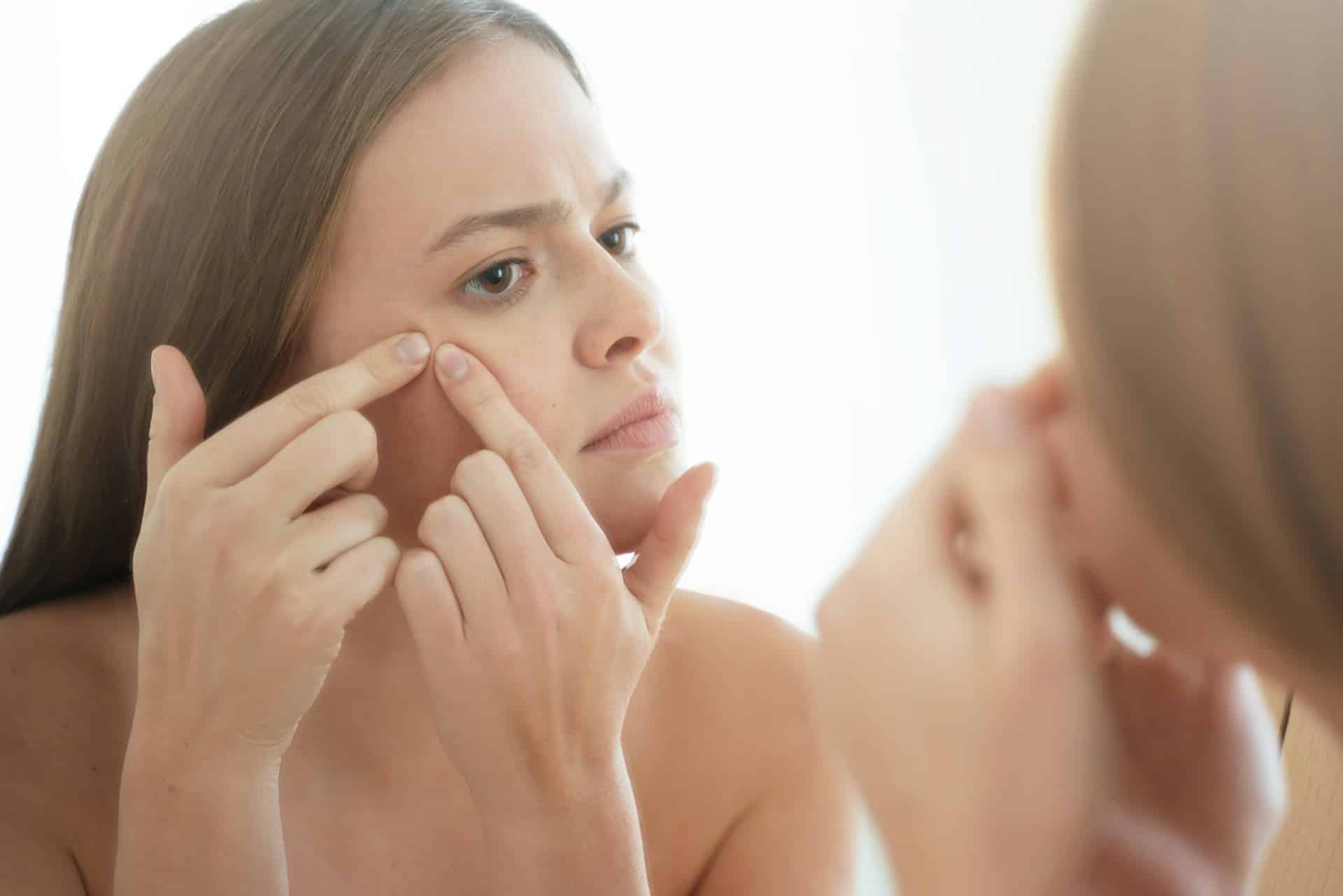Unraveling The Hidden Triggers Behind Your Skin Issues
Persistent skin issues like rashes, acne, psoriasis, and eczema often resist conventional treatments, leaving many feeling discouraged despite efforts to improve their skin through lifestyle changes. Recent studies are uncovering factors that may contribute to these dermatological conditions beyond diet and hygiene, particularly the roles of emotional health and environmental toxins. Understanding these underlying issues is crucial for achieving optimal skin health.
The Intriguing Link Between Emotions and Skin Conditions
Research indicates a strong connection between emotional well-being and the state of the skin. A significant percentage of individuals seeking dermatological care report elevated stress levels, which are linked to more severe skin issues. Increased cortisol levels, often a result of stress, can trigger inflammatory responses, worsening existing skin conditions and creating a cycle of distress that exacerbates symptoms.
Furthermore, individuals diagnosed with post-traumatic stress disorder (PTSD) frequently experience heightened dermatological challenges. Interestingly, mental health screenings are rarely part of dermatology consultations, highlighting a missed opportunity for a holistic approach.
Emerging evidence also suggests that emotional stress can hinder healing processes by disrupting collagen production and cellular activity, making the skin more susceptible to infection and irritation.
Environmental Toxins: A Hidden Hazard for Skin Health
Exposure to environmental pollutants poses a significant threat to skin integrity. Compounds such as particulate matter (PM2.5), volatile organic compounds, and ultraviolet (UV) radiation can penetrate the skin, leading to oxidative stress and inflammation. For instance, PM2.5 can infiltrate through hair follicles and sweat glands, while UV rays may trigger flare-ups of conditions like rosacea, eczema, and psoriasis.
Among these pollutants, radon—a radioactive gas found in various environments—is particularly concerning. Long-term studies indicate a correlation between residential radon levels and increased skin cancer rates, underscoring the importance of being aware of one’s exposure to this invisible threat. Implementing radon mitigation systems can drastically reduce exposure, contributing to a safer living space.
The Interaction Between Emotions and Environmental Factors
The relationship between emotional stress and environmental pollutants can create a detrimental feedback loop that worsens skin health. Elevated cortisol levels weaken the skin’s barrier, heightening vulnerability to conditions like psoriasis and atopic dermatitis. Pollutants can further compromise inflamed skin, making it difficult for healing processes to occur.
Climate change intensifies this cycle as it contributes to more pollutants in the air, worsening skin conditions through declining air quality. This interplay emphasizes the need for a comprehensive approach that addresses both emotional health and environmental factors to promote better skin outcomes.
Pursuing Sustainable Solutions for Skin Health
One effective strategy in combating skin issues is choosing eco-friendly skincare products. Opt for those formulated with raw, natural ingredients that are free from synthetic additives and genetically modified organisms. Ingredients like argan oil and vitamin E possess anti-inflammatory properties, while components such as apple cider vinegar and lavender oil show promise against acne.
Stress-relief techniques, including mindfulness practices, therapy, and physical activities, are essential for addressing the emotional triggers of skin problems. Research has shown that online mindfulness training can lead to significant improvements in skin conditions like atopic dermatitis over a short period.
Adopting healthier lifestyle choices can also have a positive impact. By consuming organic foods and enhancing indoor air quality, individuals can support their skin from within. Activities like gardening not only promote physical well-being but also foster a connection to nature, helping to alleviate stress.
Improving home air quality can be as simple as changing HVAC filters or investing in air purification systems. Keeping windows open for fresh air circulation, opting for non-toxic cleaning solutions, and incorporating air-purifying houseplants can significantly benefit your skin and overall well-being.
When to Consult with Professionals
While lifestyle changes can be incredibly beneficial, they may not always resolve more severe dermatological symptoms such as itching, pain, or infections. It is essential to seek professional help when necessary. Consulting a dermatologist can provide tailored solutions, while mental health counseling can help you navigate emotional challenges that exacerbate skin conditions.
Emphasizing a holistic approach that includes integrative care can be crucial in addressing the root causes. This comprehensive strategy ensures that both skin health and emotional balance are prioritized, leading to improved overall wellness.
Final Thoughts
Improving skin health requires an understanding of the intricate links between emotional wellness and environmental factors. By identifying hidden influences such as stress and pollutants, individuals can take proactive steps toward healing. Embracing sustainable practices and mindfulness can not only empower better skin health but also contribute to a healthier planet. Ultimately, a balanced approach is key to nurturing both your skin and your overall well-being.












